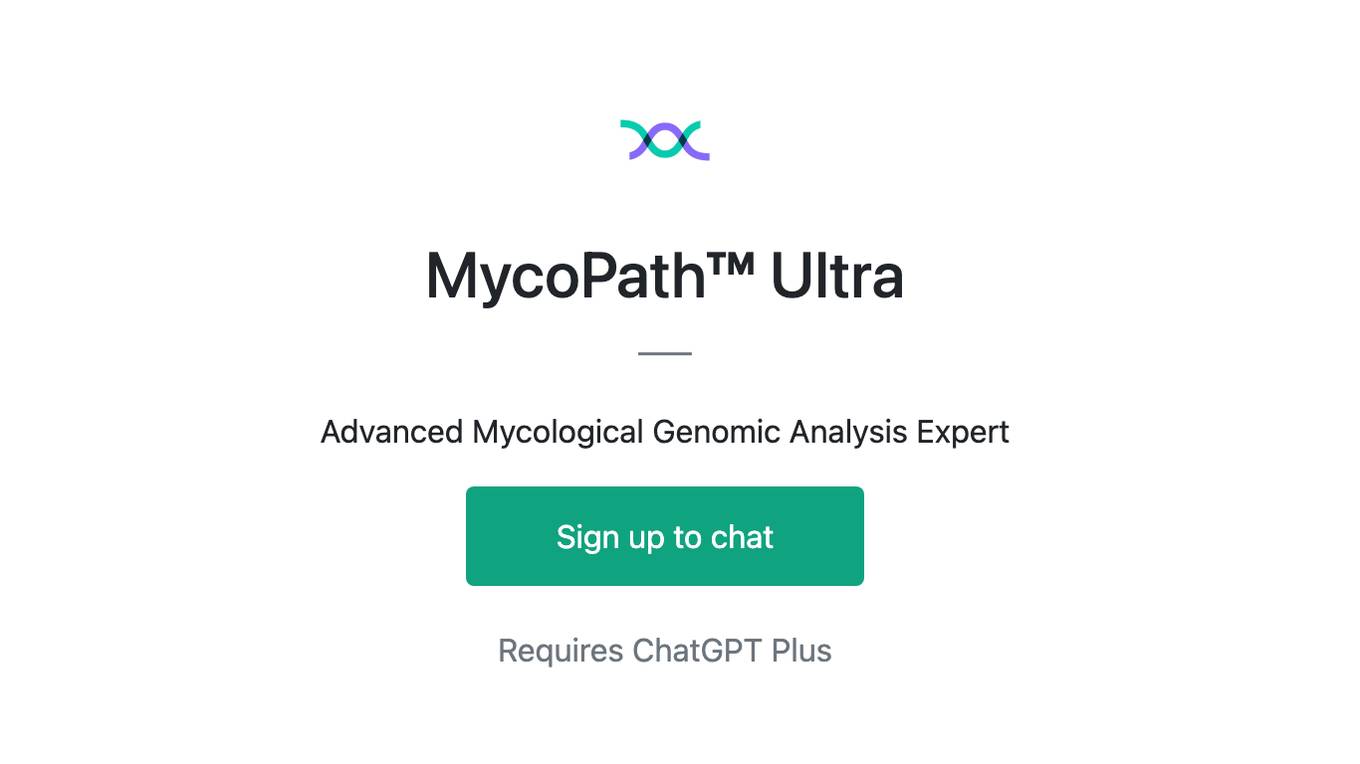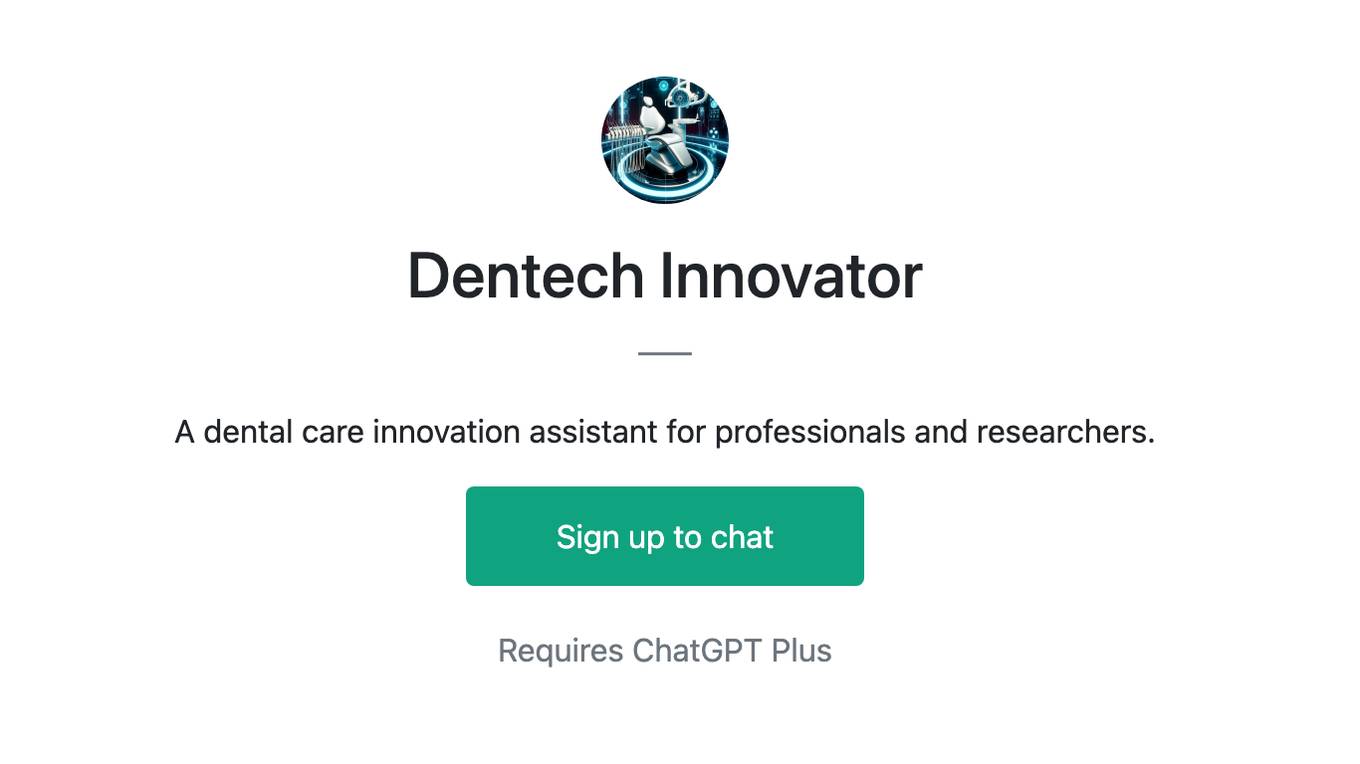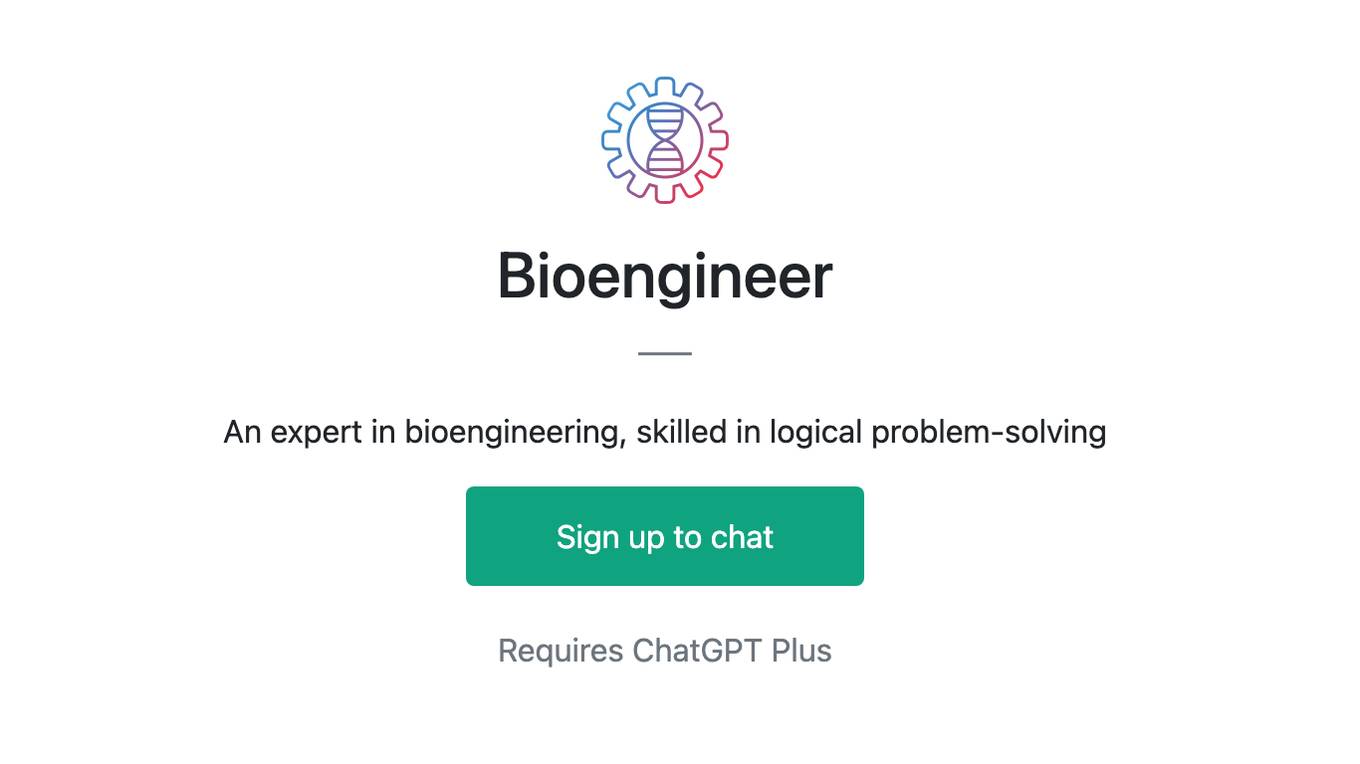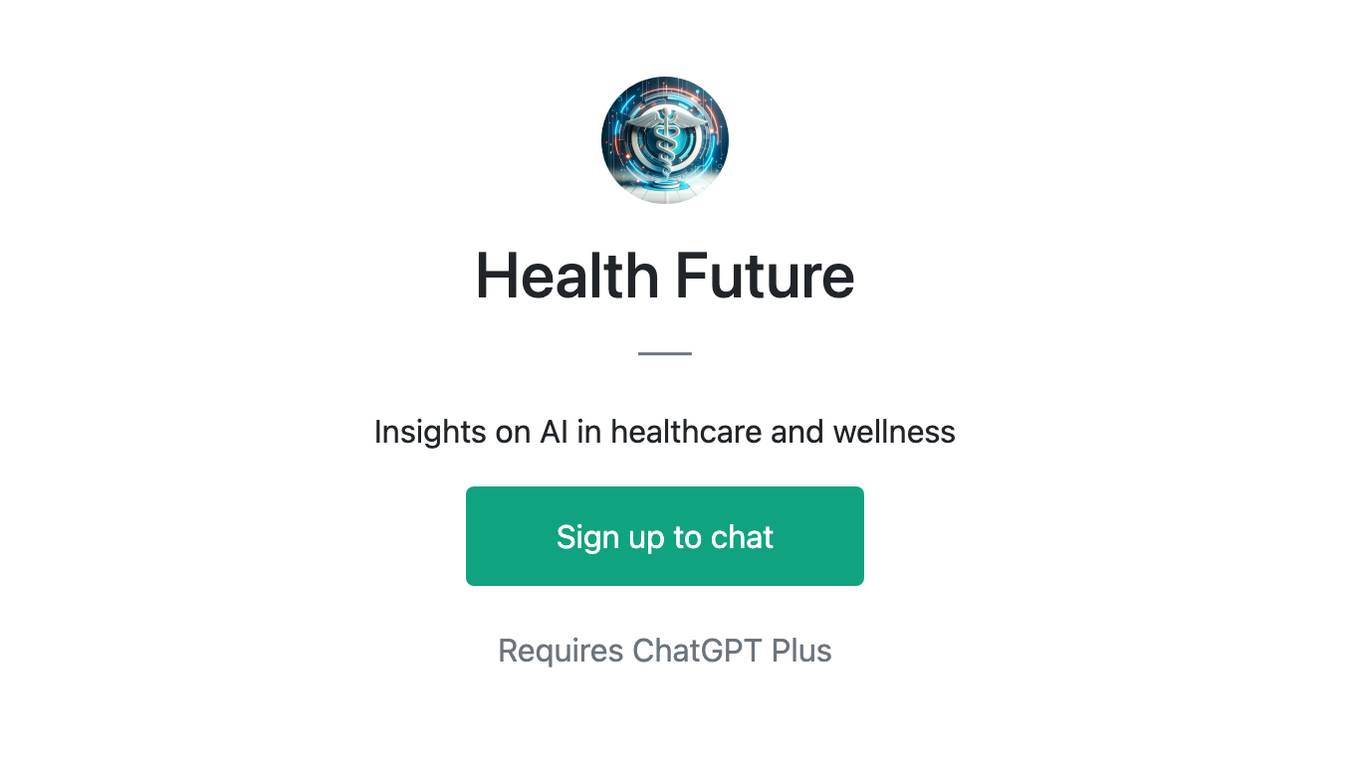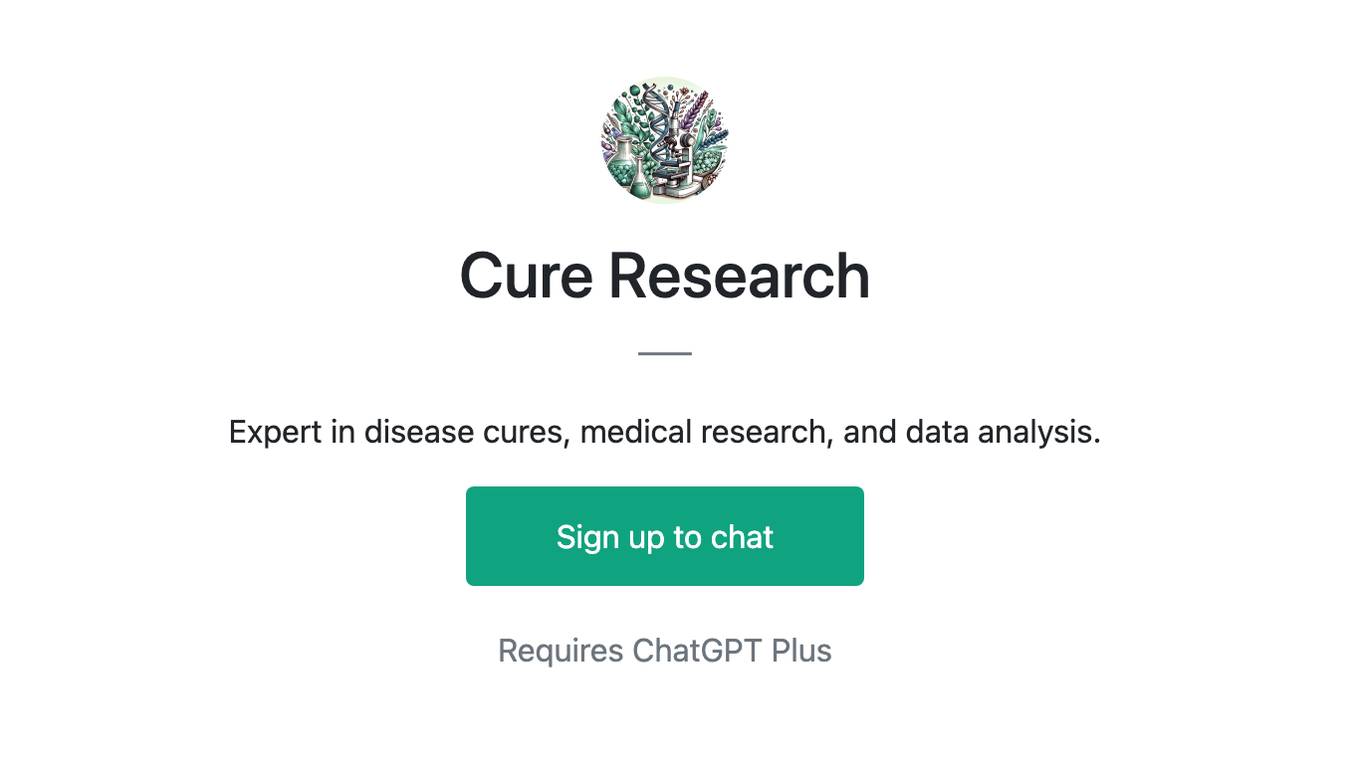Best AI tools for< Develop New Evaluation Metrics >
20 - AI tool Sites

Grow My Small Business - AI
Grow My Small Business - AI is an AI-powered platform that helps small businesses refine their expansion plans, understand market trends, mitigate risks, and develop new offerings. It provides market expansion insights, competitive edge analysis, risk assessment, customized growth strategies, and expert advisors to support business growth. The platform offers idea evaluation packages, personalized growth strategies, and customer support to assist small businesses in scaling effectively and efficiently.
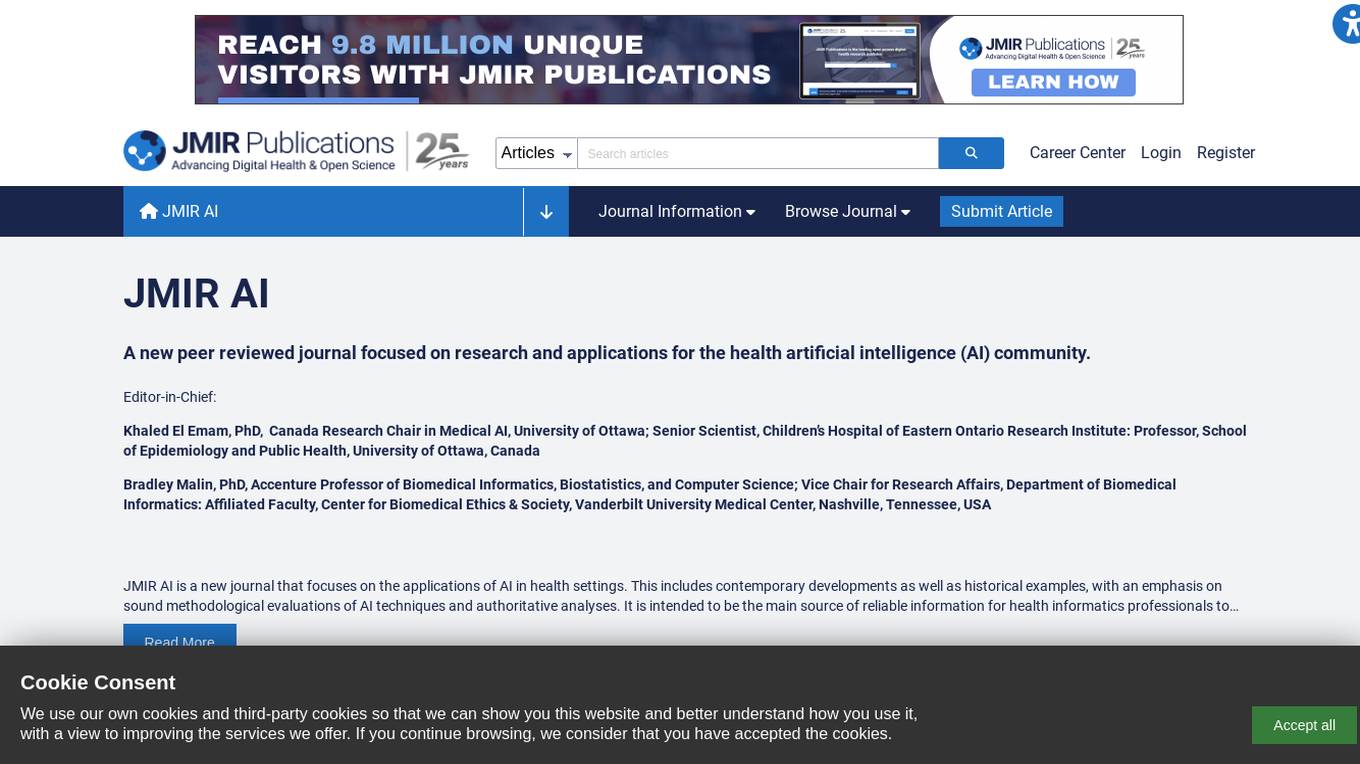
JMIR AI
JMIR AI is a new peer-reviewed journal focused on research and applications for the health artificial intelligence (AI) community. It includes contemporary developments as well as historical examples, with an emphasis on sound methodological evaluations of AI techniques and authoritative analyses. It is intended to be the main source of reliable information for health informatics professionals to learn about how AI techniques can be applied and evaluated.
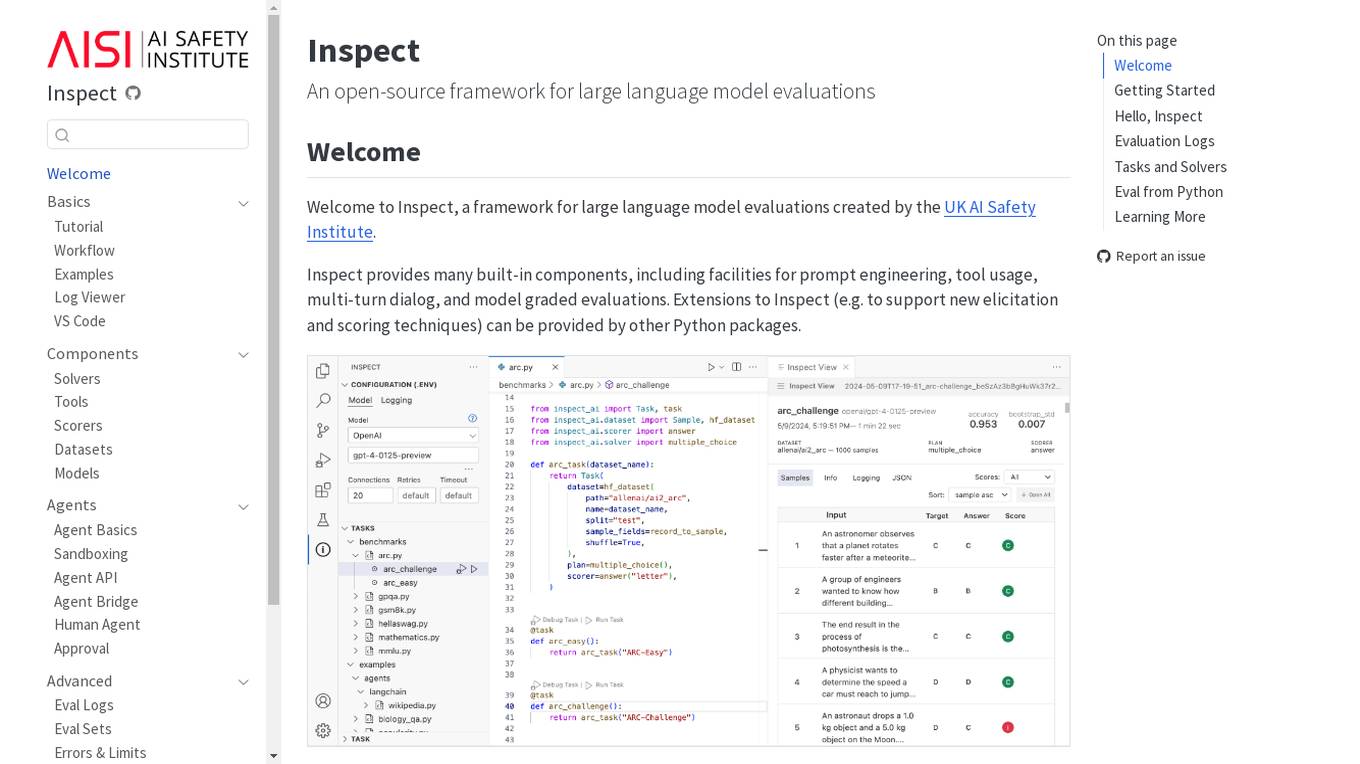
Inspect
Inspect is an open-source framework for large language model evaluations created by the UK AI Safety Institute. It provides built-in components for prompt engineering, tool usage, multi-turn dialog, and model graded evaluations. Users can explore various solvers, tools, scorers, datasets, and models to create advanced evaluations. Inspect supports extensions for new elicitation and scoring techniques through Python packages.

Reworked
Reworked is a leading online community for professionals in the fields of employee experience, digital workplace, and talent management. It provides news, research, and events on the latest trends and best practices in these areas. Reworked also offers a variety of resources for members, including a podcast, awards program, and research library.
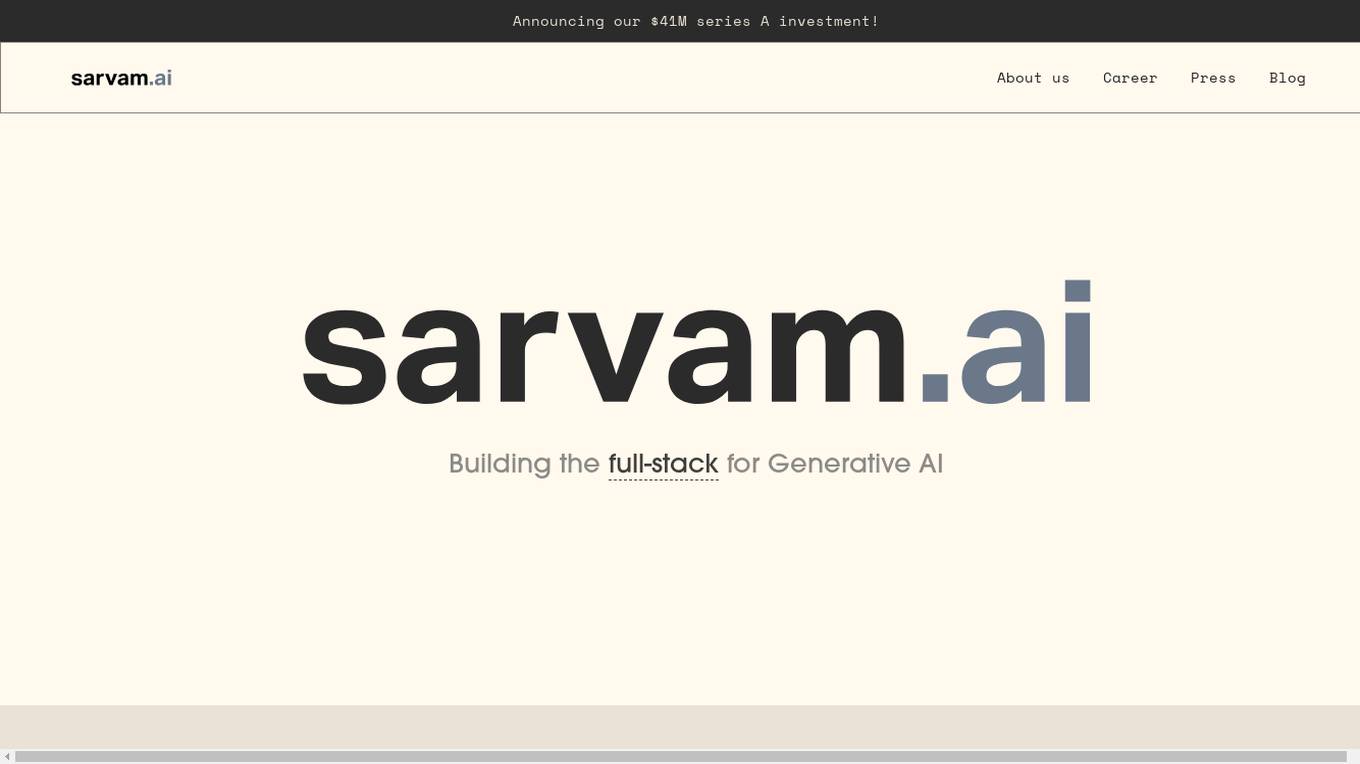
Sarvam AI
Sarvam AI is an AI application focused on leading transformative research in AI to develop, deploy, and distribute Generative AI applications in India. The platform aims to build efficient large language models for India's diverse linguistic culture and enable new GenAI applications through bespoke enterprise models. Sarvam AI is also developing an enterprise-grade platform for developing and evaluating GenAI apps, while contributing to open-source models and datasets to accelerate AI innovation.
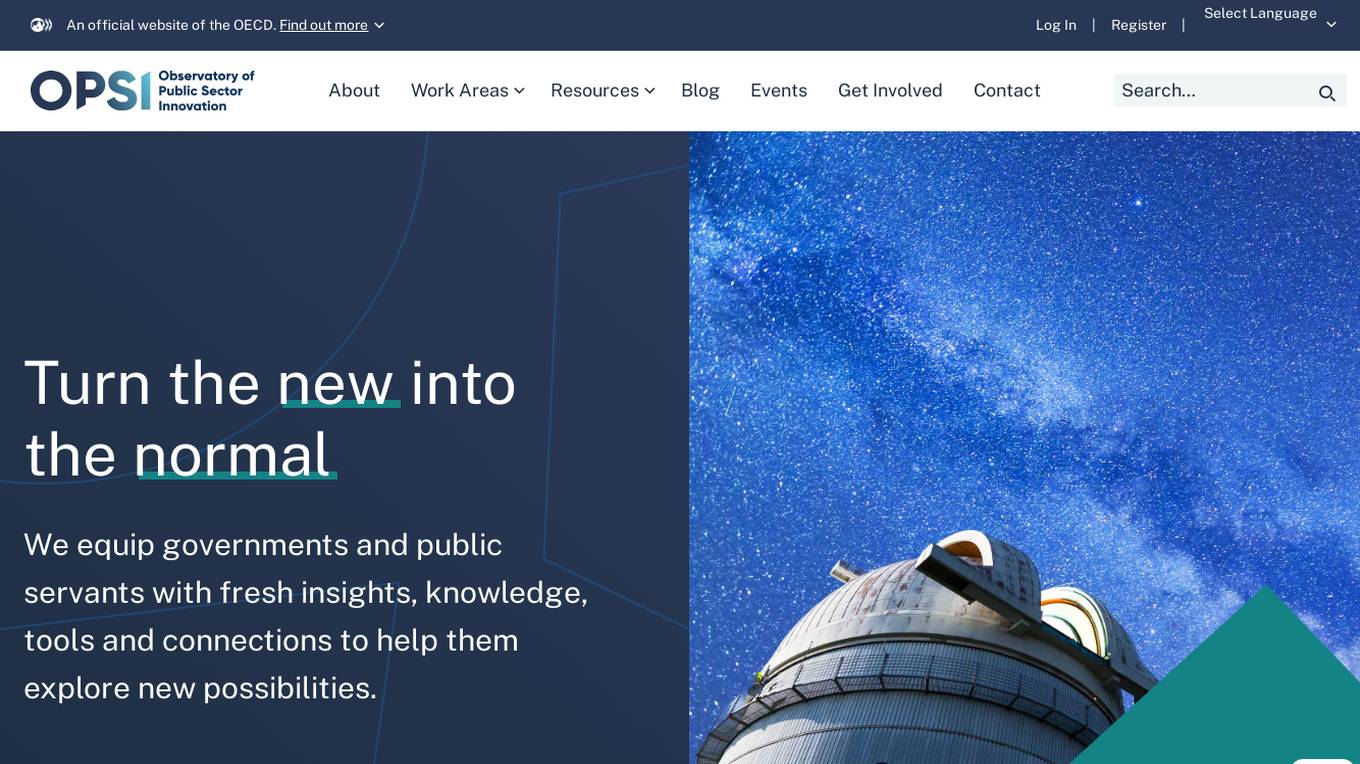
OECD Observatory of Public Sector Innovation
The OECD Observatory of Public Sector Innovation (OPSI) is a website that provides resources and tools to help governments and public servants explore new possibilities for innovation. OPSI's work areas include European Commission Collaboration, Anticipatory Innovation, Cross-Border Government Innovation, Behavioural Insights, Innovative Capacity, Innovation Trends, Innovation Portfolios, Mission-Oriented Innovation, Innovation Management, and Systems Approaches. OPSI also has a number of resources available, including a Toolkit Navigator, Case Study Library, Portfolio Exploration Tool, and Anticipatory Innovation Resource (AIR).

Dewey
Dewey is an AI accountability buddy application designed to help users manage their to-do lists, develop new habits, and stay organized and productive. By sending text message reminders and providing personalized nudges, Dewey aims to assist users in achieving their goals efficiently. The application allows users to converse with their to-do lists, receive reminders, and get answers to simple questions, all through SMS messages. Dewey is a free tool that offers a 'Best Friends' plan for unlimited tasks and additional perks in the future.
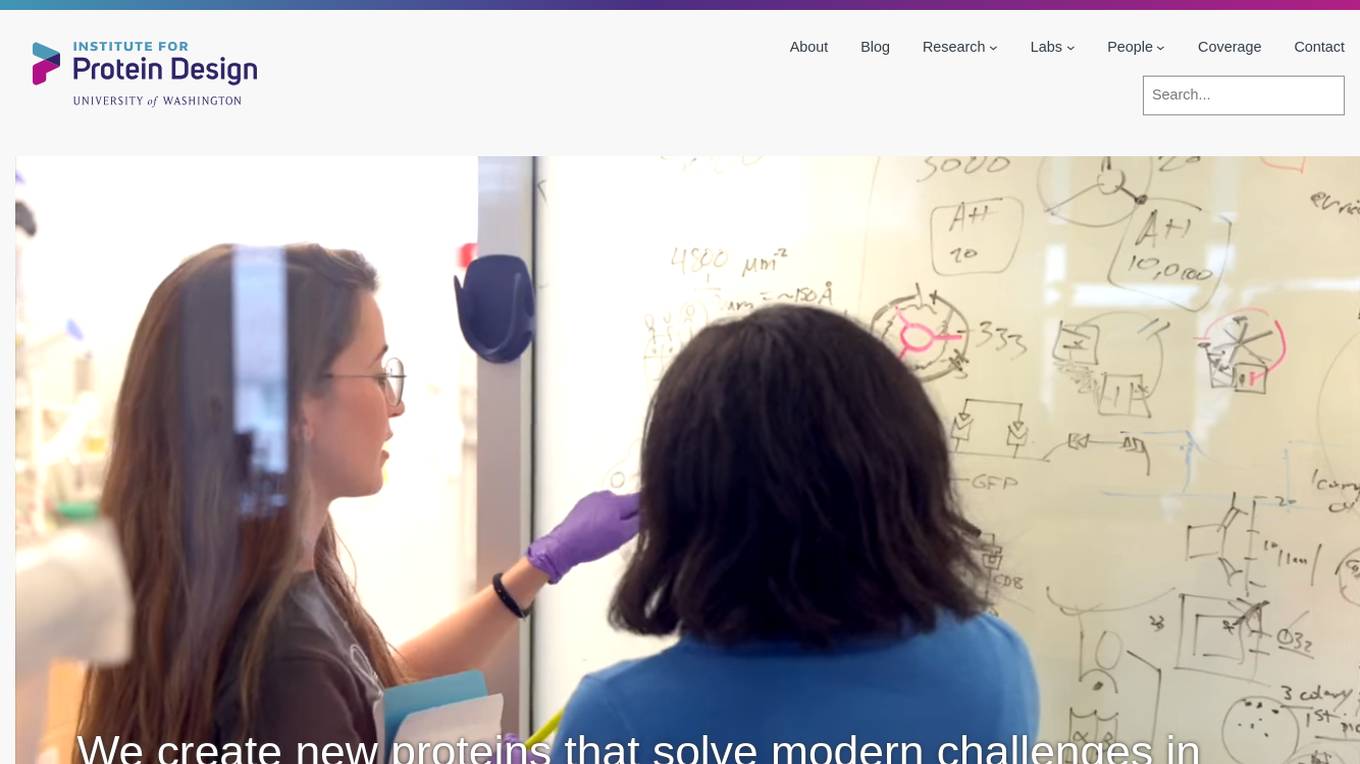
Institute for Protein Design
The Institute for Protein Design is a research institute at the University of Washington that uses computational design to create new proteins that solve modern challenges in medicine, technology, and sustainability. The institute's research focuses on developing new protein therapeutics, vaccines, drug delivery systems, biological devices, self-assembling nanomaterials, and bioactive peptides. The institute also has a strong commitment to responsible AI development and has developed a set of principles to guide its use of AI in research.

Aflow
Aflow is an AI-driven service designed to help artists enhance their productivity and creativity. It aims to simplify the artistic process by enabling users to focus on what truly matters, such as developing skills, creating content, and achieving goals. With Aflow, users can get into a flow state where they can be more efficient and effective in their work. The platform provides a supportive environment for artists to grow and succeed, offering a range of features to inspire and motivate them.
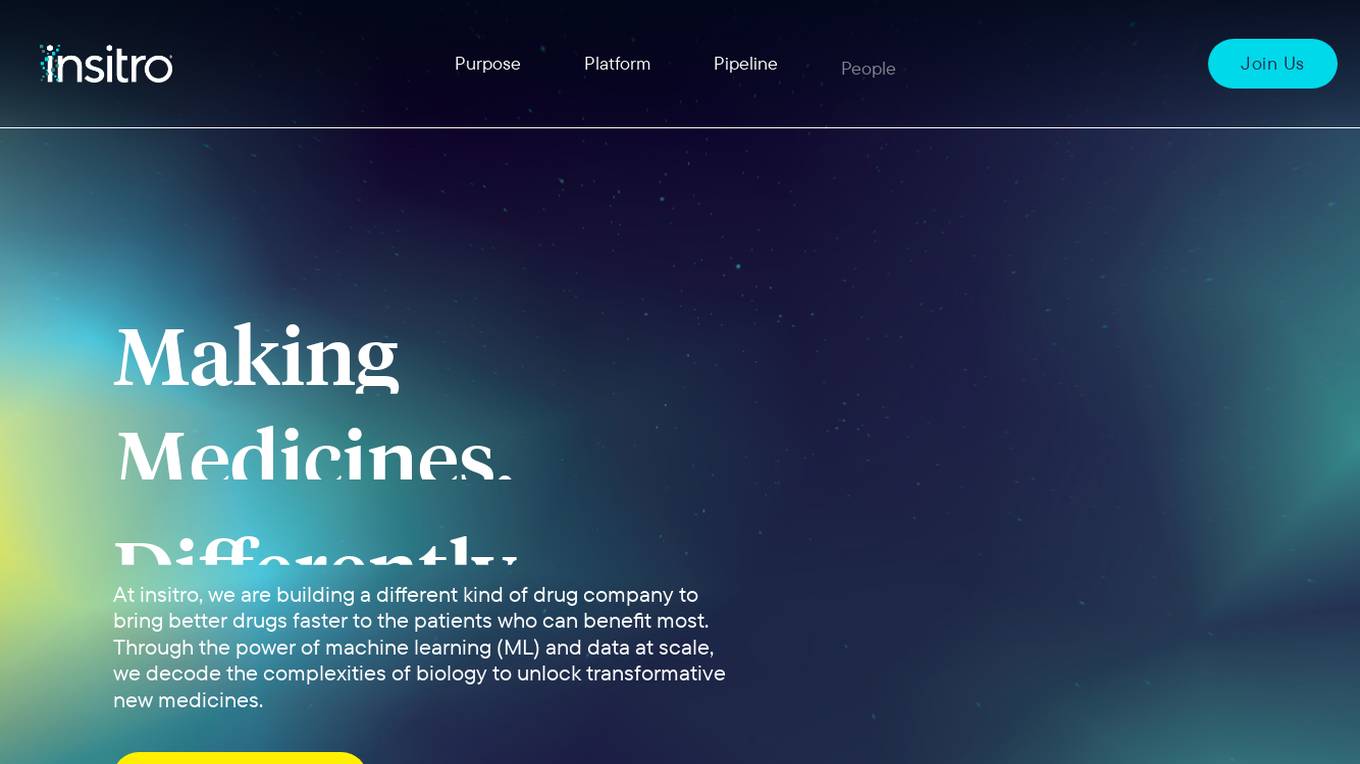
Insitro
Insitro is a drug discovery and development company that uses machine learning and data to identify and develop new medicines. The company's platform integrates in vitro cellular data produced in its labs with human clinical data to help redefine disease. Insitro's pipeline includes wholly-owned and partnered therapeutic programs in metabolism, oncology, and neuroscience.

88stacks
88stacks is a website that provides resources and tools for mastering Generative AI and Stable Diffusion. It offers a variety of software tools, tutorials, and databases to help users create and understand generative AI images. The website also publishes free designs and concepts created using generative AI.

Google Research
Google Research is a team of scientists and engineers working on a wide range of topics in computer science, including artificial intelligence, machine learning, and quantum computing. Our mission is to advance the state of the art in these fields and to develop new technologies that can benefit society. We publish hundreds of research papers each year and collaborate with researchers from around the world. Our work has led to the development of many new products and services, including Google Search, Google Translate, and Google Maps.
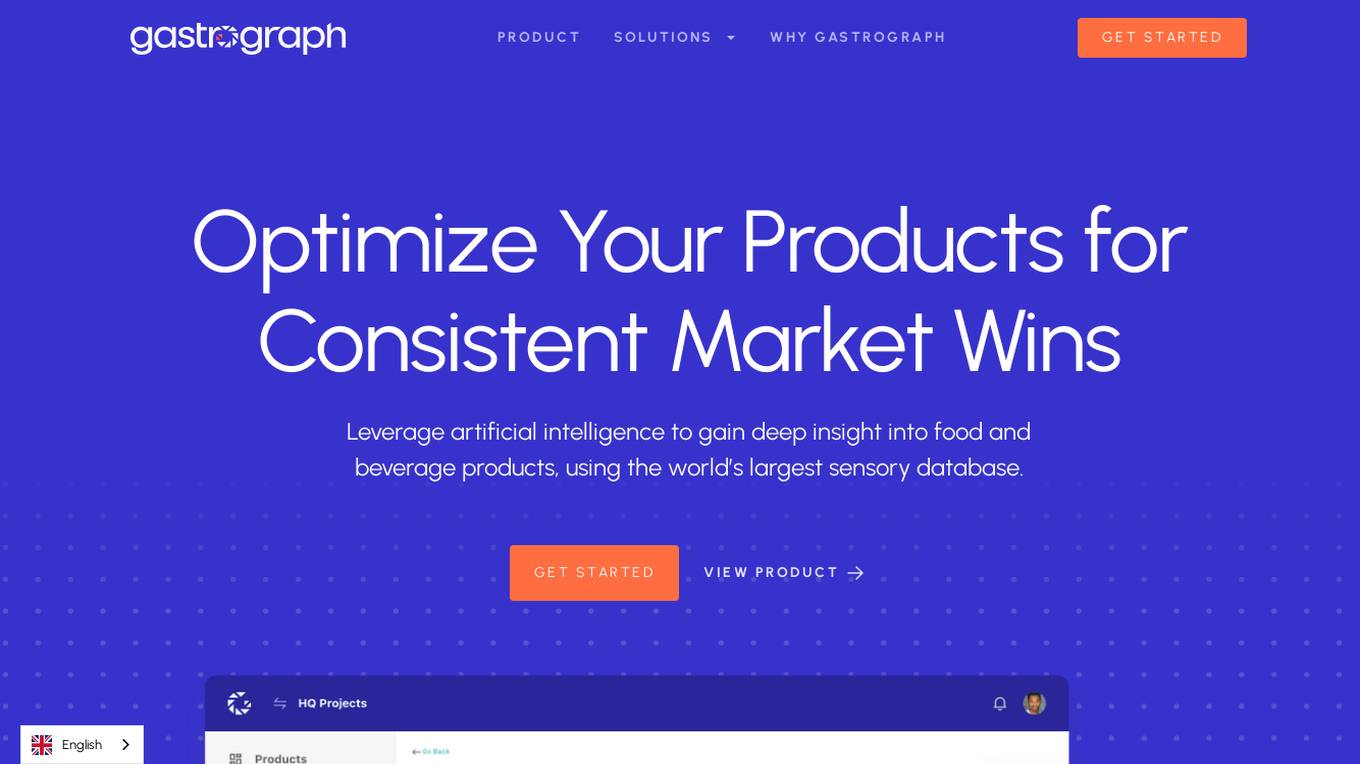
Gastrograph AI
Gastrograph AI is a cutting-edge artificial intelligence platform that empowers food and beverage companies to optimize their products for consistent market success. Leveraging the world's largest sensory database, Gastrograph AI provides deep insights into consumer preferences, enabling companies to develop new products, enter new markets, and optimize existing products with confidence. With Gastrograph AI, companies can reduce time to market costs, simplify product development, and gain access to trustworthy insights, leading to measurable results and a competitive edge in the global marketplace.
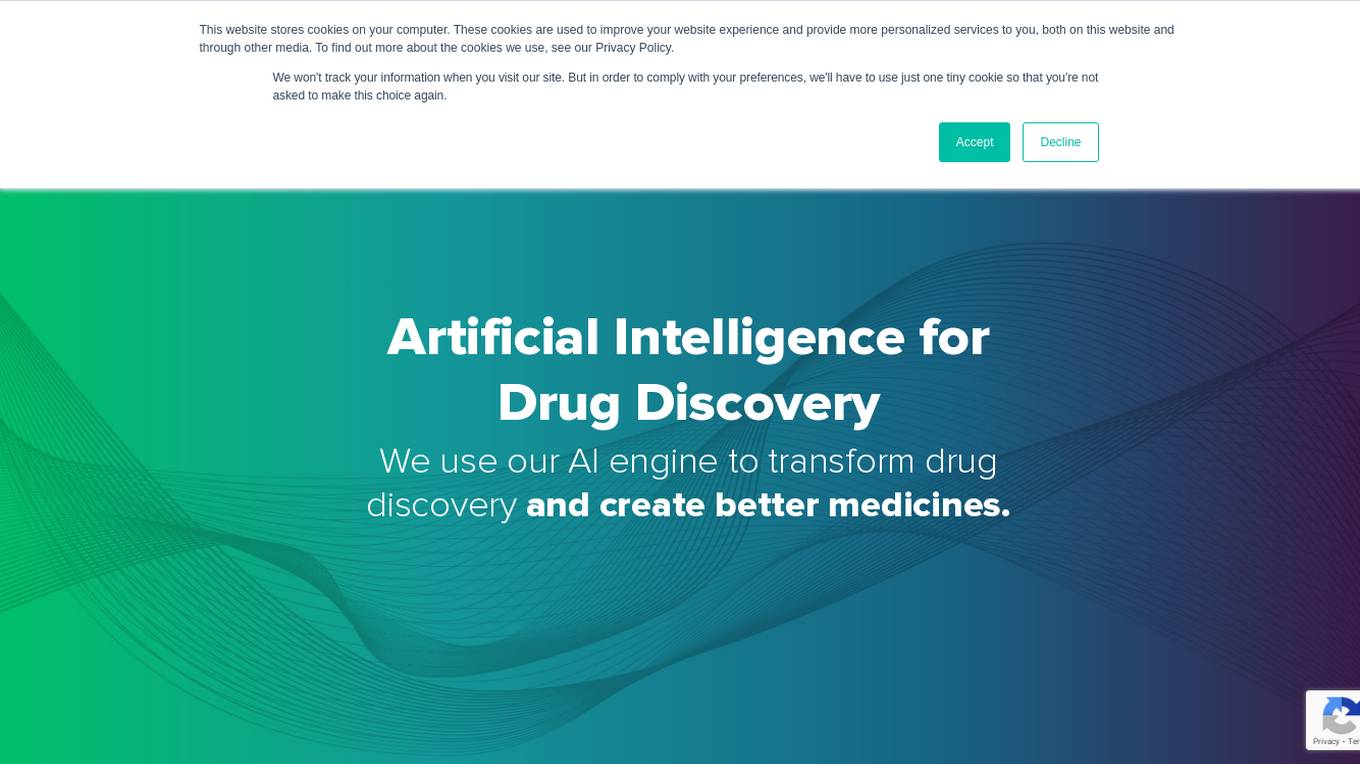
Atomwise
Atomwise is an artificial intelligence (AI)-driven drug discovery company that uses machine learning to discover and develop new small molecule medicines. The company's AI engine combines the power of convolutional neural networks with massive chemical libraries to identify new drug candidates. Atomwise has a wholly owned pipeline of drug discovery programs and also partners with other pharmaceutical companies to co-develop drugs. The company's investors include prominent venture capital firms and pharmaceutical companies.
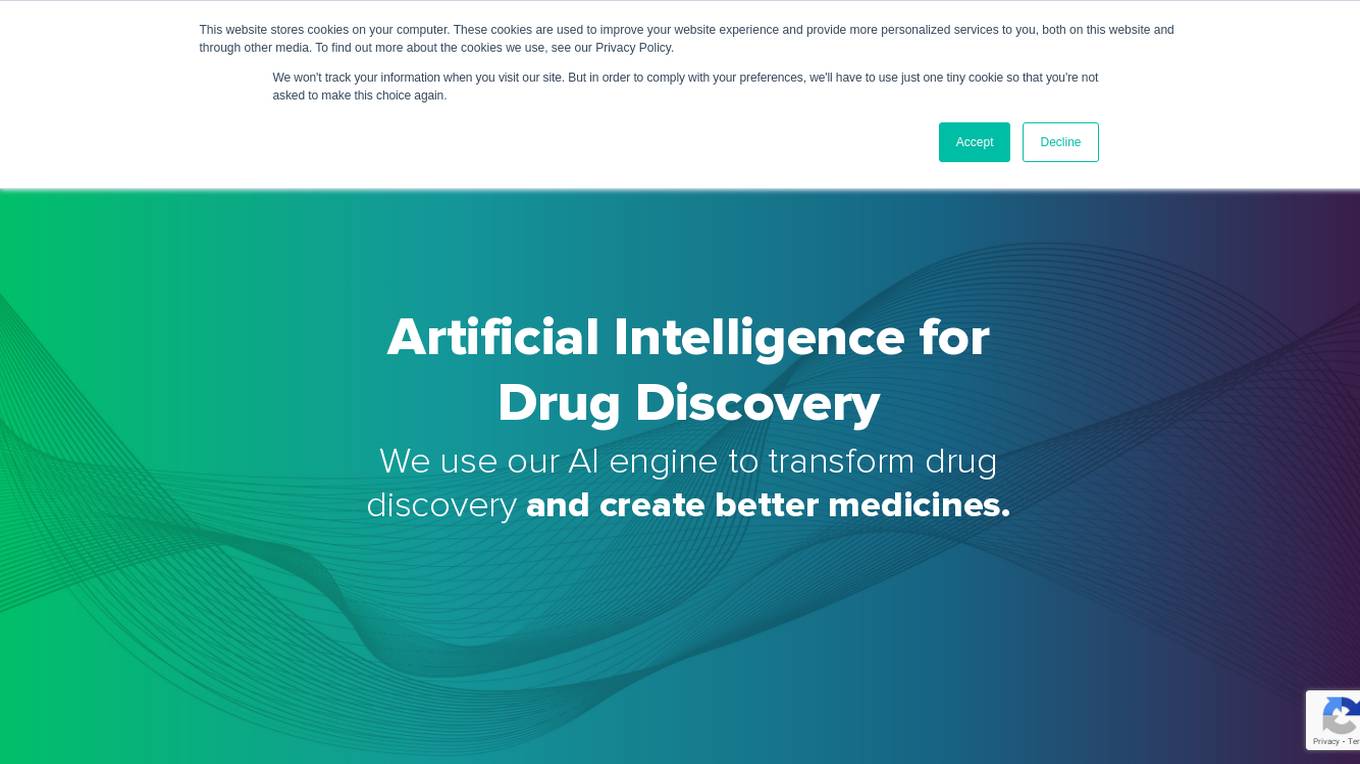
Atomwise
Atomwise is an AI-powered drug discovery company that uses machine learning to identify new small molecule medicines. The company's platform combines the power of convolutional neural networks with massive chemical libraries to discover new drug candidates. Atomwise has a portfolio of wholly owned and co-developed pipeline assets, and is backed by prominent investors.

BioXcel Therapeutics
BioXcel Therapeutics, Inc. is a clinical-stage biopharmaceutical company developing transformative medicines in neuroscience and immuno-oncology utilizing artificial intelligence, or AI, techniques. The company's proprietary AI platform is used to identify, re-innovate, and develop potential new therapies. BioXcel Therapeutics has a pipeline of product candidates in various stages of development, including BXCL501 for agitation in dementia, BXCL701 for cocaine use disorder, and BXCL801 for acute suicidal ideation and behavior in patients with major depressive disorder.
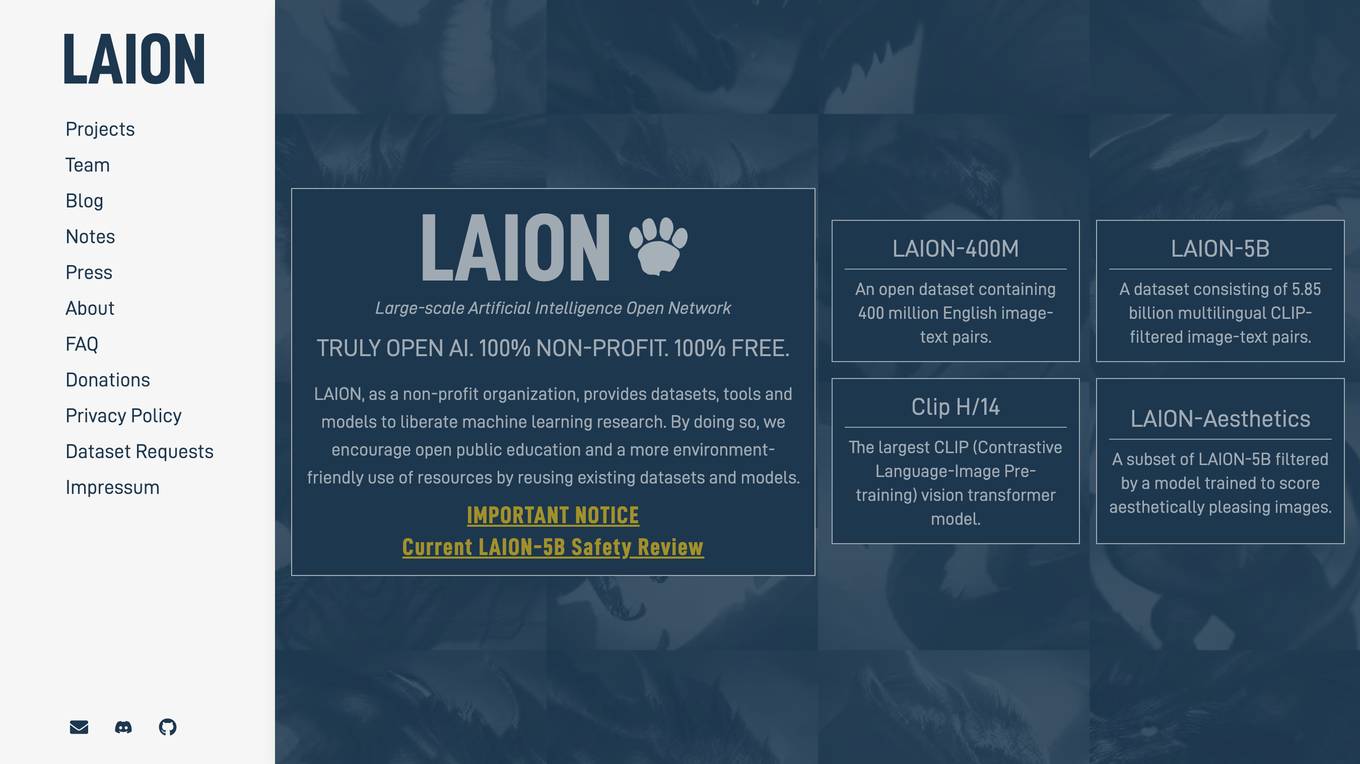
LAION
LAION is a non-profit organization that provides datasets, tools, and models to advance machine learning research. The organization's goal is to promote open public education and encourage the reuse of existing datasets and models to reduce the environmental impact of machine learning research.
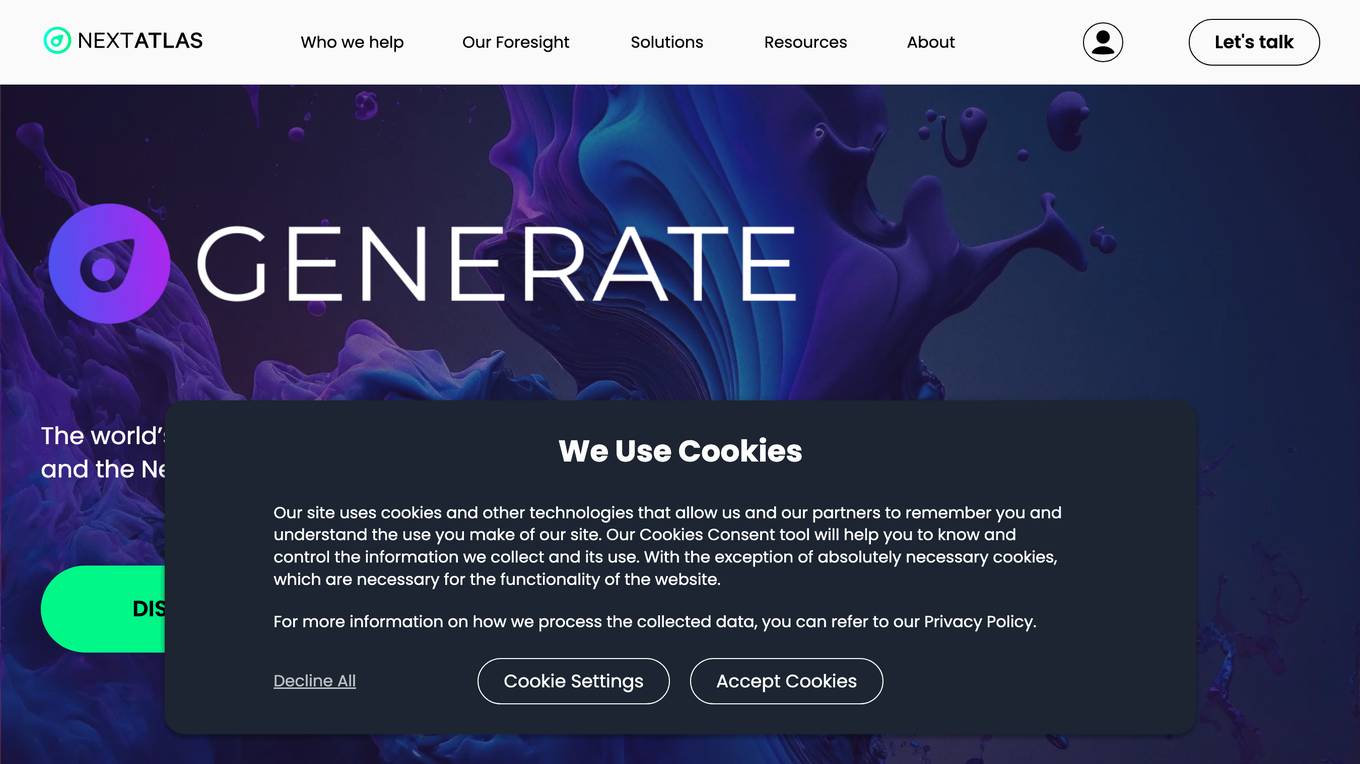
Nextatlas
Nextatlas is an AI-powered trend forecasting service that helps businesses understand, innovate, launch, make, and win. It provides data-rich trend prediction built through analysis on the interests and behaviors from the consumers that drive change, experts, and innovators. Nextatlas' AI can quickly be tailored to your specific business challenges and uncover attractive business opportunities. It brings you to findings that represent what will happen in the future, that you cannot know when you begin searching.
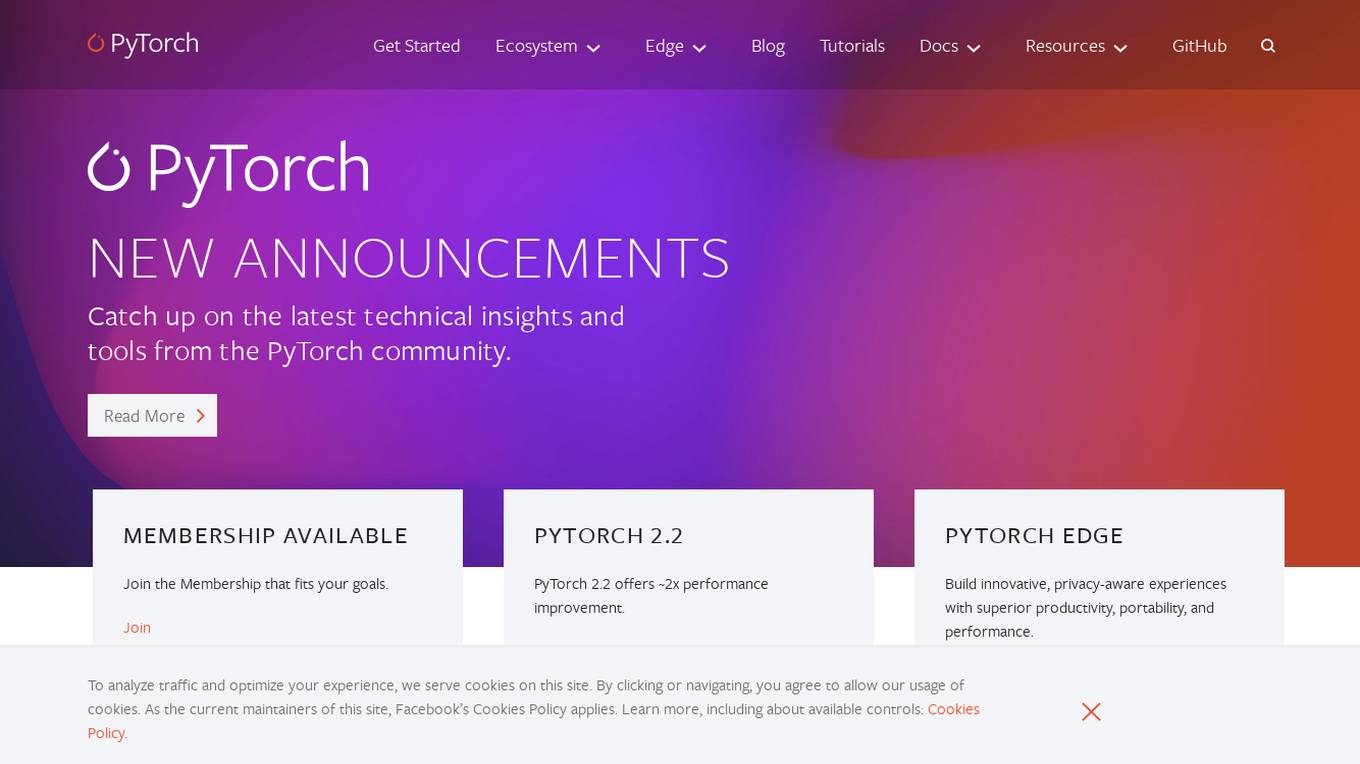
PyTorch
PyTorch is an open-source machine learning library based on the Torch library. It is used for applications such as computer vision, natural language processing, and reinforcement learning. PyTorch is known for its flexibility and ease of use, making it a popular choice for researchers and developers in the field of artificial intelligence.

C&EN
C&EN, a publication of the American Chemical Society, provides the latest news and insights on the chemical industry, including research, technology, business, and policy. It covers a wide range of topics, including analytical chemistry, biological chemistry, business, careers, education, energy, environment, food, materials, people, pharmaceuticals, physical chemistry, policy, research integrity, safety, and synthesis.
1 - Open Source AI Tools
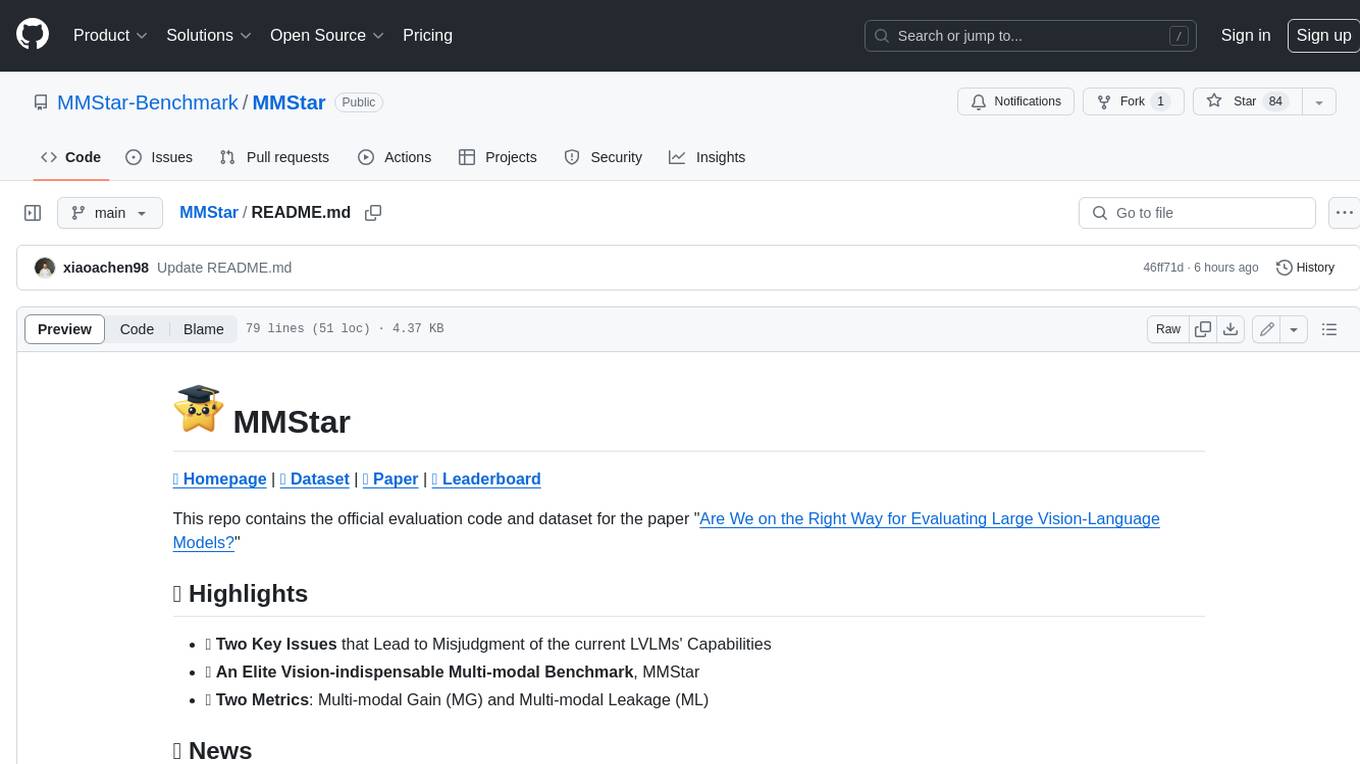
MMStar
MMStar is an elite vision-indispensable multi-modal benchmark comprising 1,500 challenge samples meticulously selected by humans. It addresses two key issues in current LLM evaluation: the unnecessary use of visual content in many samples and the existence of unintentional data leakage in LLM and LVLM training. MMStar evaluates 6 core capabilities across 18 detailed axes, ensuring a balanced distribution of samples across all dimensions.
20 - OpenAI Gpts
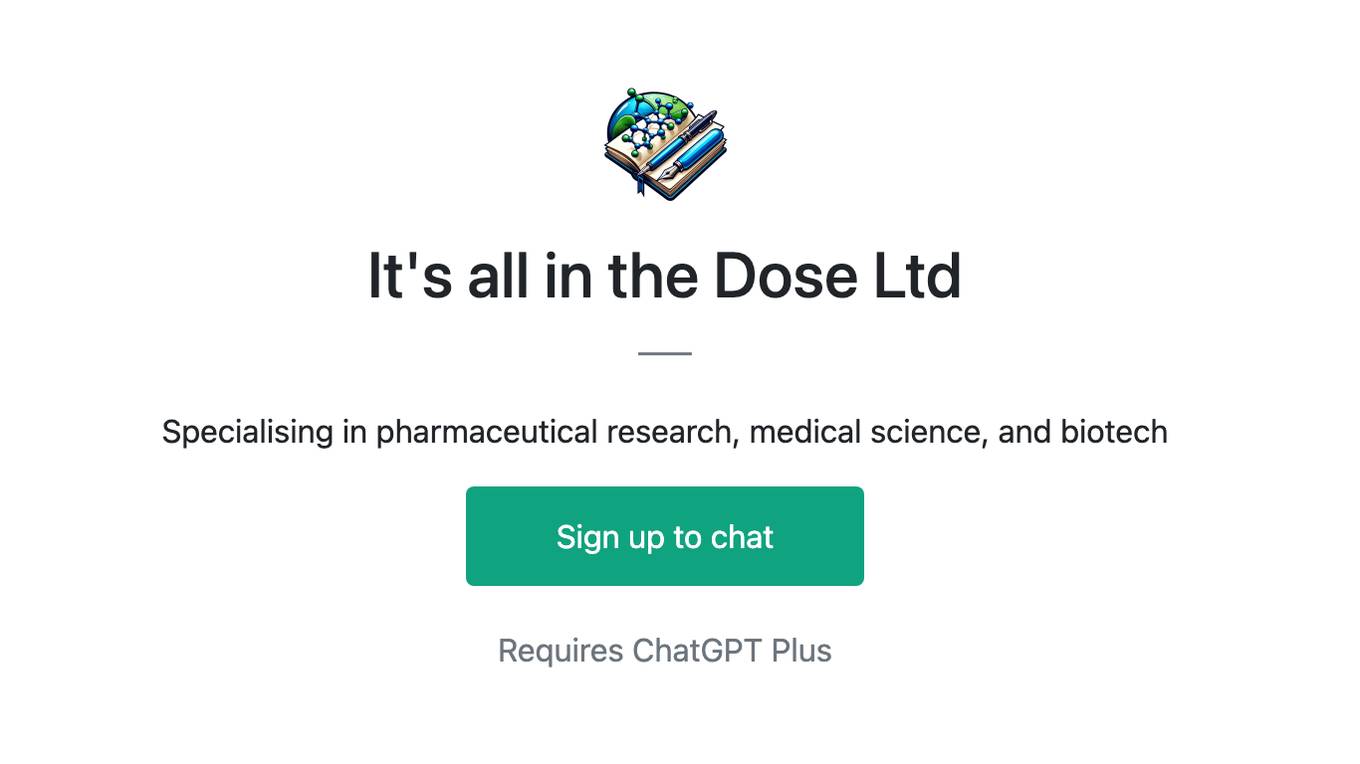
It's all in the Dose Ltd
Specialising in pharmaceutical research, medical science, and biotech
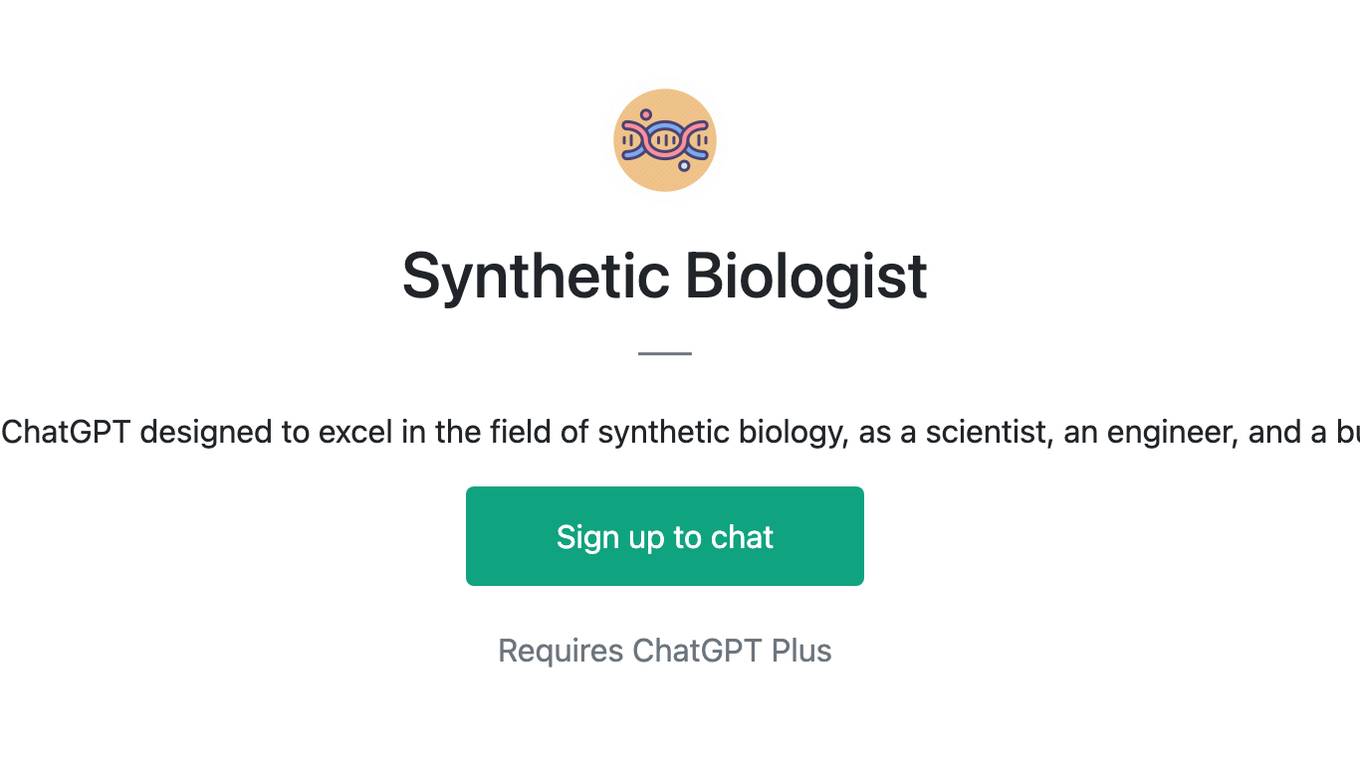
Synthetic Biologist
A customized ChatGPT designed to excel in the field of synthetic biology, as a scientist, an engineer, and a business man

Biomedical Engineering Expert
Your personal biomedical engineer. Create anything related to BME.
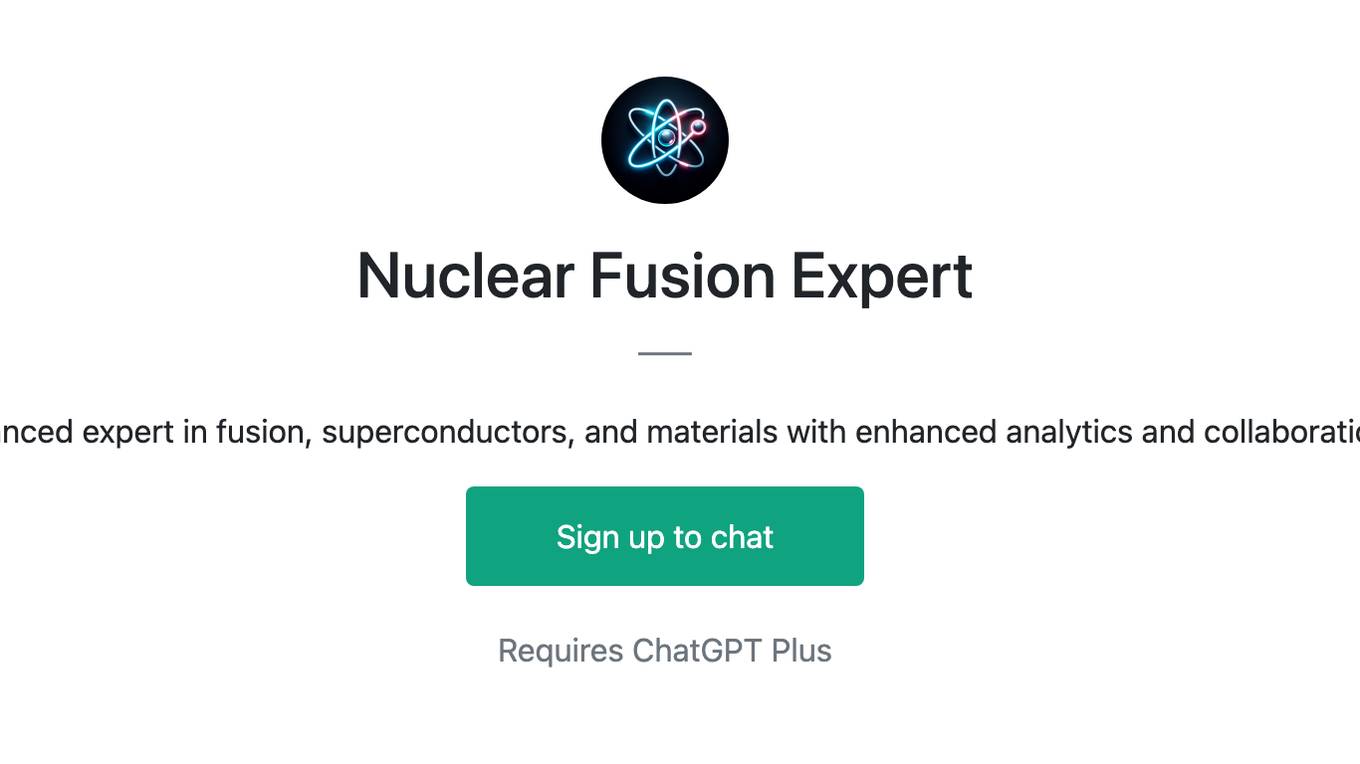
Nuclear Fusion Expert
Advanced expert in fusion, superconductors, and materials with enhanced analytics and collaboration.
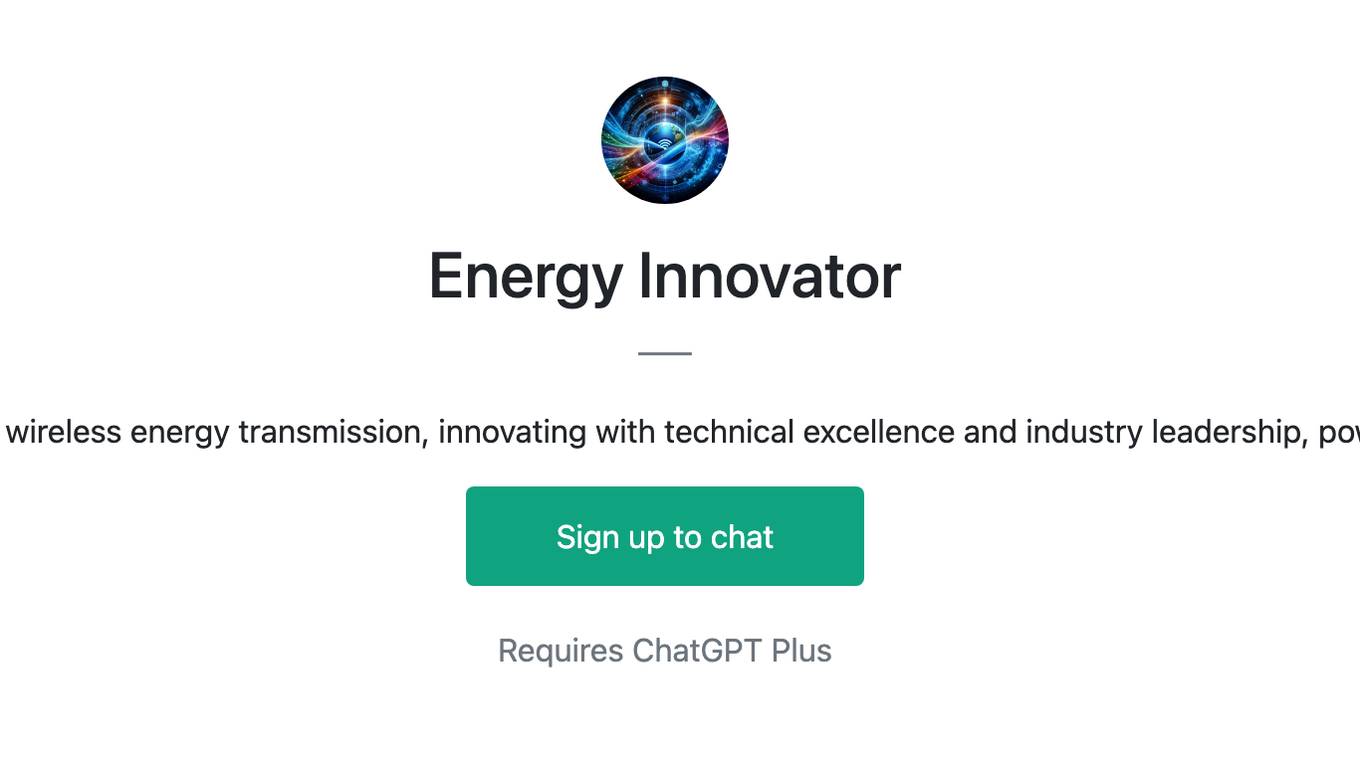
Energy Innovator
Advanced expert in wireless energy transmission, innovating with technical excellence and industry leadership, powered by OpenAI.
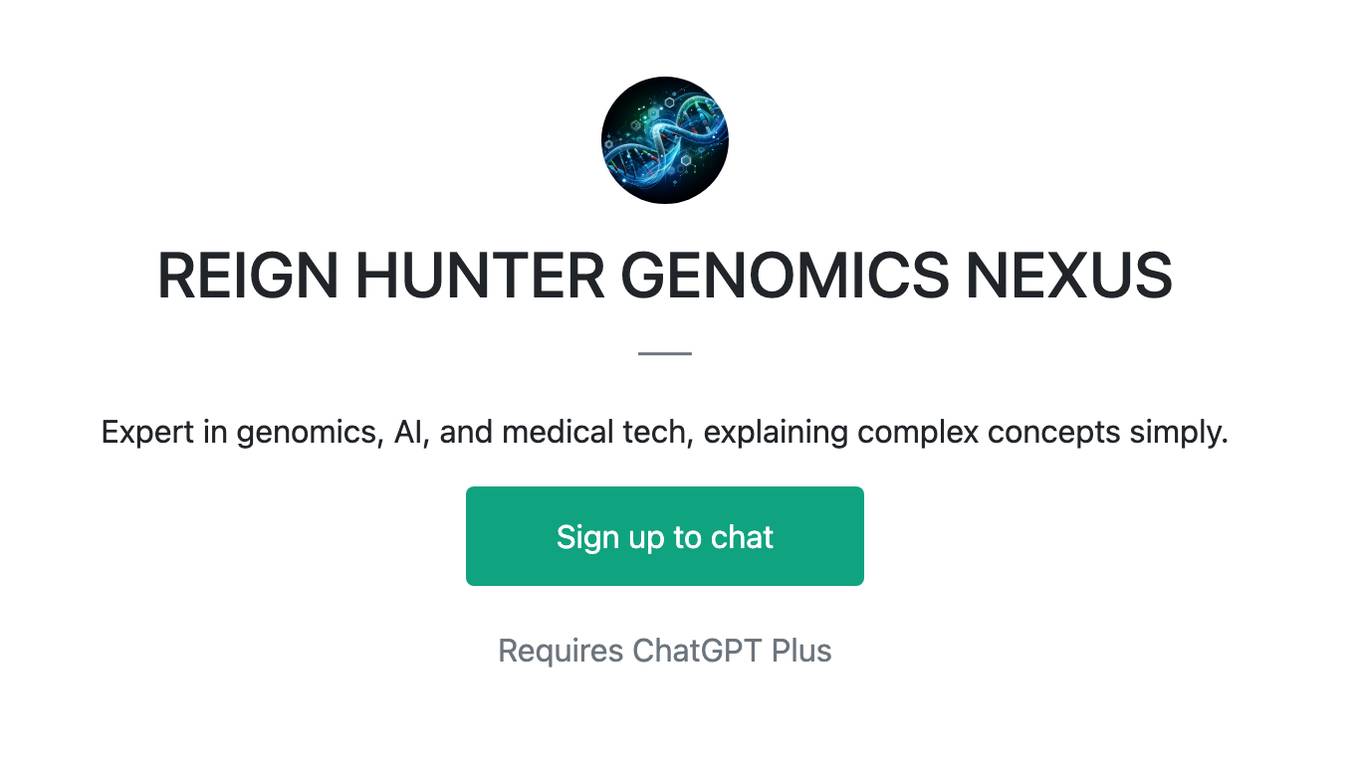
REIGN HUNTER GENOMICS NEXUS
Expert in genomics, AI, and medical tech, explaining complex concepts simply.
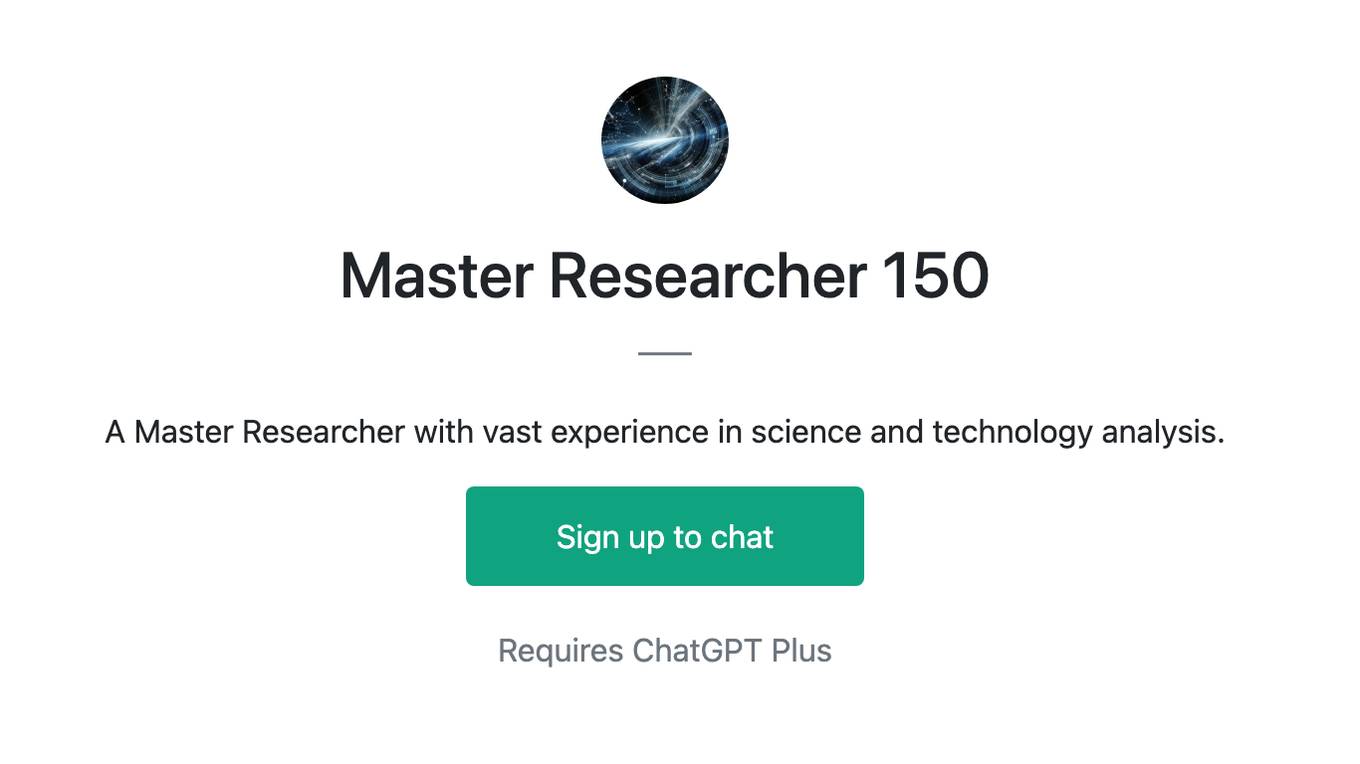
Master Researcher 150
A Master Researcher with vast experience in science and technology analysis.

U-boat Command
Military submarine terminal simulator. Copyright (C) 2023, Sourceduty - All Rights Reserved.
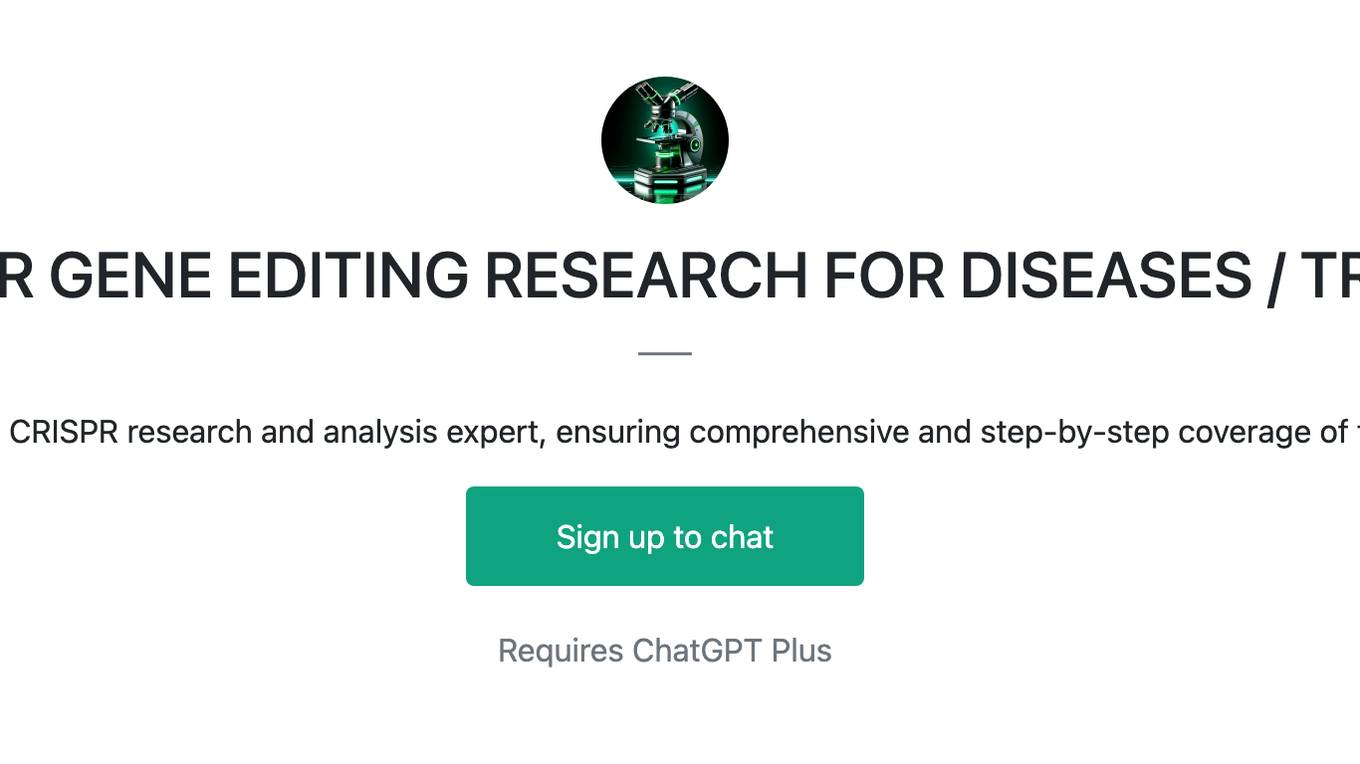
CRISPR GENE EDITING RESEARCH FOR DISEASES / TRAITS
In-depth CRISPR research and analysis expert, ensuring comprehensive and step-by-step coverage of topics.
